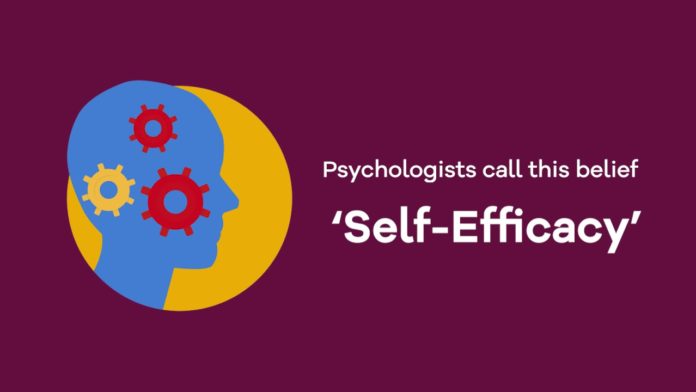
A UNIQUE study by a lecturer at the University of Limerick has revealed that classic arcade game Pac-Man can provide insights into human behaviour and psychology.
The research by Dr Jason Power, a lecturer at UL’s School of Education, examined the impact of a person’s belief about their own capabilities and how this influences their performance by using the classic 1980s video game to look at daily behaviour.
Dr Power explains, “Pac-Man’s difficulty slowly ramps up to allow even the most casual players to experience success. This builds a person’s belief that they can succeed and encourages them to try again.”
This belief is referred by psychologists as “self-efficacy” – one of the most popular motivation theories that exists today.
Self-efficacy is the belief in your ability to achieve a successful outcome in a given scenario.
Dr Power says, “You could say that self-efficacy is ultimately one of the driving forces of how you behave as a person.”
Those who exhibit high levels of self-efficacy are typically more successful in a wide range of fields, whether it is sport, health, business or education.
Dr Power says: “In the past, there have been studies that have noticed very high-difficulty tasks obviously have negative implications for self-efficacy and there has been other studies where they look at someone’s relative ability and how that can affect self-efficacy. Our study, however, uses a common task that everyone thinks is equal, to see if just difficulty alone influences someone’s self-efficacy.
“In order to do that, I got a whole heap of kids to play Pac-Man – that’s the long and short of it,” he adds.
The study took place between 2013 and 2014 and involved 240 first-year students in a secondary school who played Pac-Man on a personal USB version of the game which recorded date, time and scores.
Each participant first played a standard difficulty-level version of the game in order to gauge initial ability level, before replaying the game at the same level at the end of the week to measure improvement.
However, what participants didn’t know was the game had been manipulated in terms of difficulty level; students had been given either easy, medium or hard versions of the game to practice on between the first and final game.
The unique study showed that those with the highest difficulty level practiced the least amount of times, while those with the easy version of the task practiced more.
Dr Power says: “What we found was that the students with the low-difficulty version reported higher levels of self-efficacy and practiced the task way more than any other group and by consequence, improved their game-play an awful lot more.
“On the flipside, the people with the hard version of the task developed lower levels of self-efficacy, practised the task a lot less and disengaged completely after two or three days. Overall, their engagement with the task was so low that by the end, they really suffered – even though they were stepping down to an easier level at the final test.
“The reason we used Pac-Man is because it’s a task that generally people have very few previous hang-ups with,” Dr Power explains.
“For example, if we were to use maths, you probably have a strong opinion on how good or bad you are at it. Pac-Man is Pac-Man. It’s a game you might have played before, but chances are you have no strong emotion attachment with regard to your ability at the game.”
Dr Power’s research looks into how the findings of the study might be used in the classroom, specifically to improve teaching and learning in terms of curriculum planning, assessment for learning and teaching methods.
“There is plenty of evidence in education that those with high levels of self-efficacy are more likely to see a negative test or exam result as something they need to develop, as opposed to something they’re simply just not ‘good at’,” says Dr Power.
“Education isn’t about that – it’s all about developing, it’s about getting to where you want to go,” he adds.
Self-efficacy theory belongs to a larger group of theories collectively referred to as self- regulation theories, which focus on how an individual exerts control over their own behaviour.
In his paper ‘The Influence of Task Difficulty on Engagement, Performance and Self- Efficacy’, Dr Power outlines how promoting self-efficacy in the classroom can have profound impacts on the development of children.
As stated in the paper: “For example whether a person chooses to persevere or give up after failing at a task may seem like an insignificant act in isolation, but over time can have devastating impacts on a child’s educational experience.”
“This is why it is important to examine theories such as self-efficacy, not as abstract works created for their own sake, but as limited glimpses into an endlessly complex system that influences human behaviour.”
Hitting arcade systems in the 1980s, Pac-Man is one of the most played video games of all time.
Almost 40 years later, the pixelated maze-chase game remains a recognisable classic. In fact, in 2010 when Google Doodle became a version of the game, it was played more than one billion times in just three days.
Dr Power’s study has been accepted for publishing in The British Journal of Educational Technology and is available online here: https://onlinelibrary.wiley.com/doi/full/10.1111/bjet.12755


